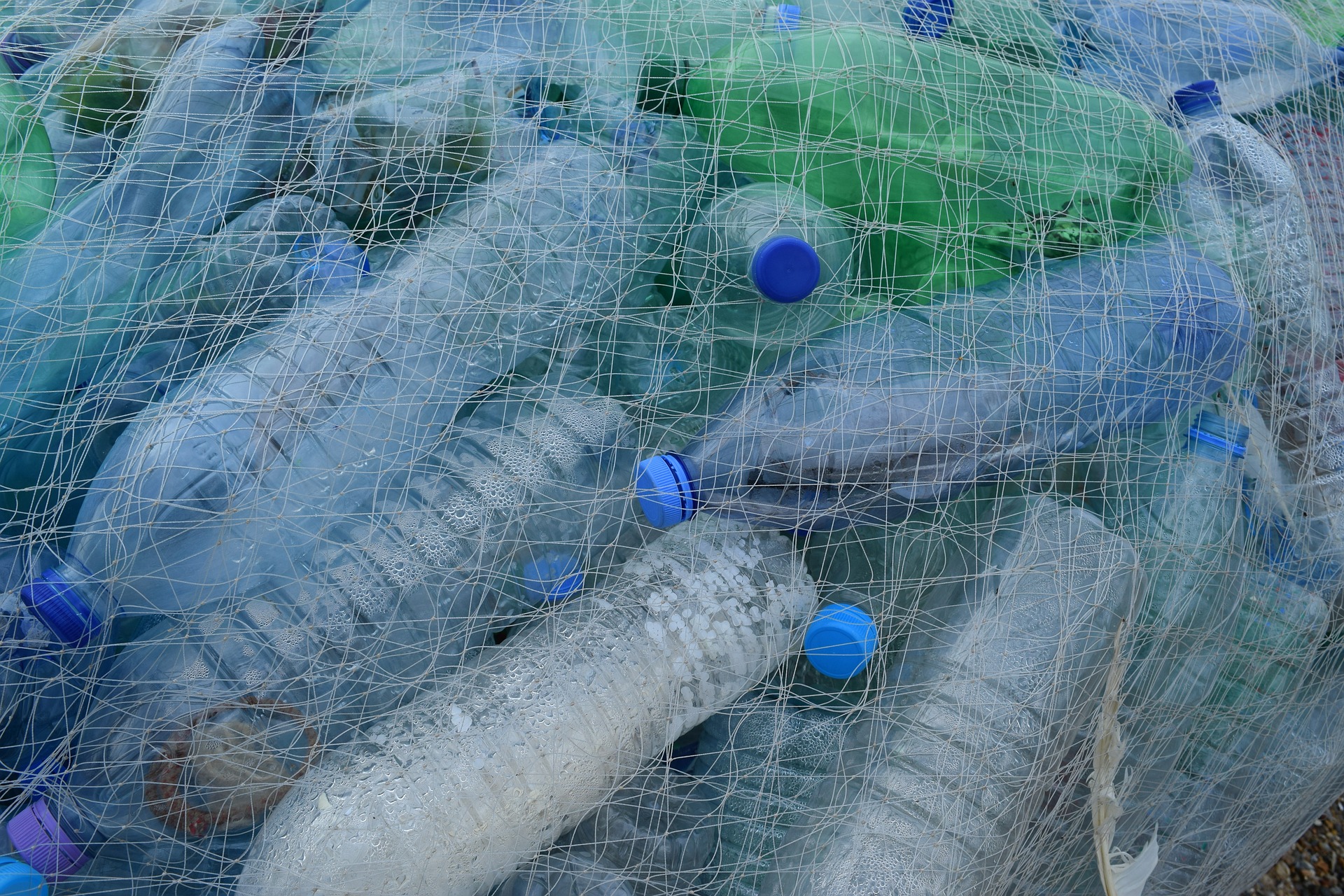A new species of bacteria has been discovered. What makes this bacteria species unique from others is that it eats polyethylene terephthalate, or PET, a commonly used plastic, Phys.org reported. PET is found in disposable plastic bottles and even in some types of clothing.
This finding is novel because PET is one of the more difficult plastics to biodegrade. That means that it cannot easily disintegrate, even with the help of microbes. The scientists who conducted the study took 250 samples that contained PET from a recycling facility. They found one species of bacteria that was able to consume PET as its main energy source. Previous studies only found fungi that would grow on PET, but not break it down.
Millions and millions of tons of PET plastics end up in landfills each year, or even worse the ocean. Recent estimates confirm as much as 5 trillion tons of plastic currently afloat in oceans worldwide. The hope behind this discovery is that the newly found bacteria, Ideonella sakaiensis 201-F6, will be able to reduce the amount of PET plastics in polluted environments.
According to Chemical & Engineering News, scientists hope to develop I. sakaiensis further to enhance its properties. Currently, the bacteria does not consume PET plastic fast enough for industrial use and it only breaks down one specific kind of PET plastic.
With an over abundance of PET in the environment an adaptation would have occurred due to a shift in the bacteria’s primary food source from one supply to PET.
The Guardian reported that the new species of bacteria may have adapted within the past 70 years. With an over abundance of PET in the environment an adaptation would have occurred due to a shift in the bacteria’s primary food source from one supply to PET. The bacteria is not expected to be available for industrial use in the near future. The scientists who confirmed the results cautioned that these finding are preliminary and more research is needed.
























